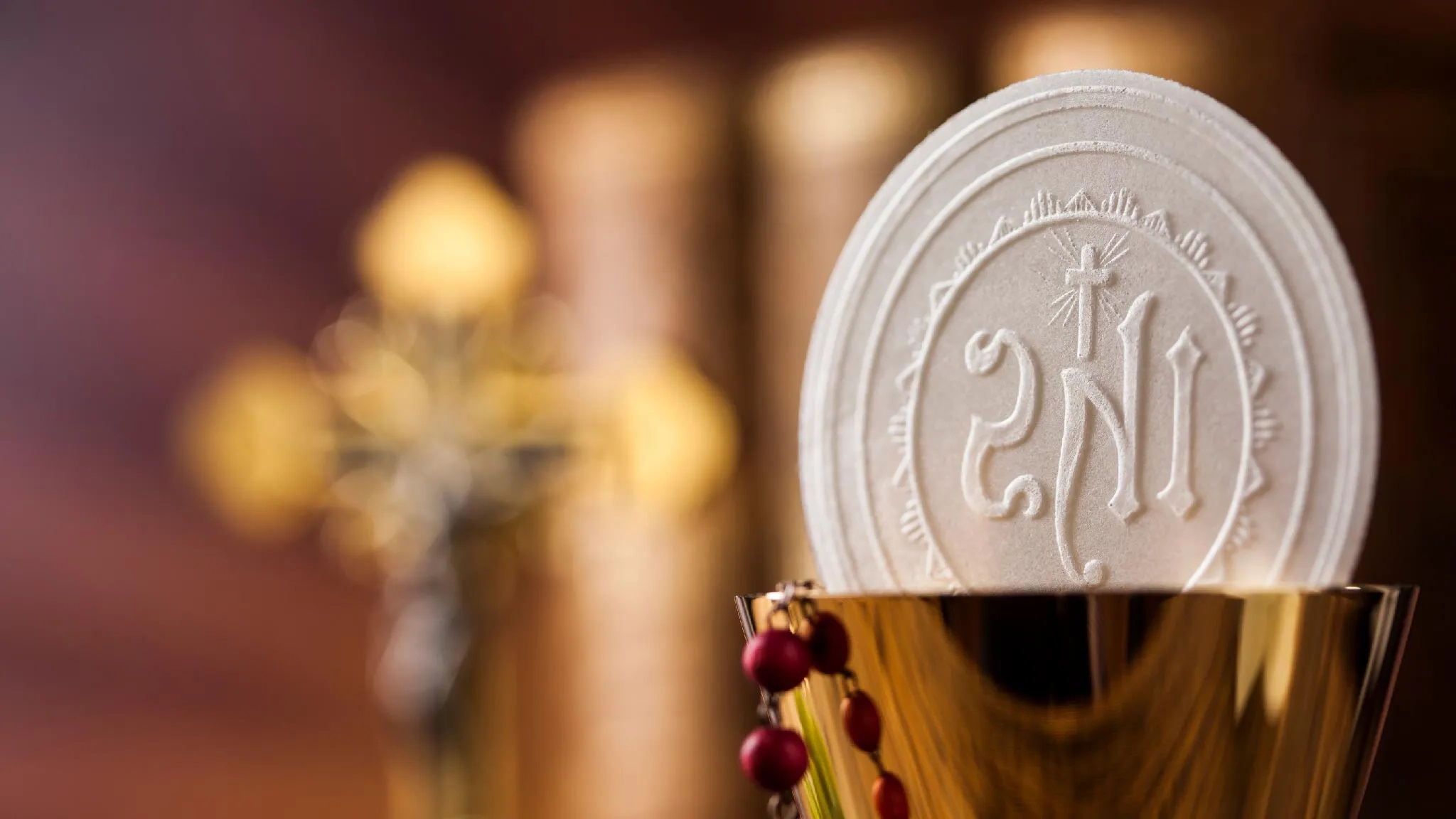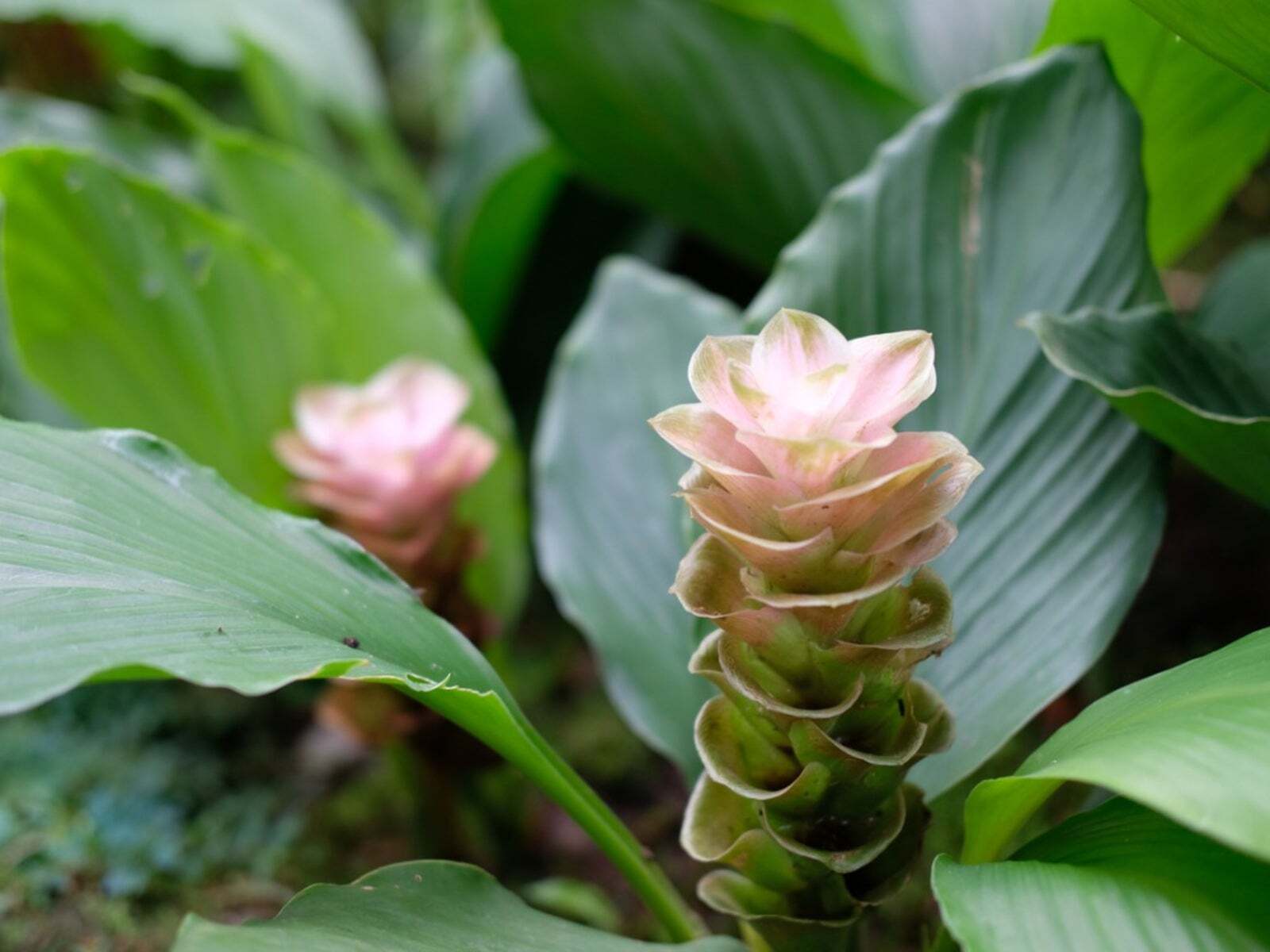
Viaticum is a term that might sound mysterious, but it's actually quite significant in certain religious practices. What is viaticum? Simply put, it's the Eucharist given to someone who is dying. This sacred ritual holds deep meaning for many Christians, especially Catholics. The word itself comes from Latin, meaning "provision for a journey," symbolizing the spiritual nourishment provided for the soul's journey to the afterlife. Understanding viaticum can offer insight into the profound ways people find comfort and hope during their final moments. Let's delve into 30 intriguing facts about this ancient and meaningful practice.
What is Viaticum?
Viaticum is a term with deep historical and religious significance. It primarily refers to the Eucharist given to a person who is dying, serving as spiritual nourishment for their journey to the afterlife. Let's dive into some fascinating facts about this ancient practice.
-
Viaticum comes from the Latin word "viaticus," meaning "provision for a journey."
-
In Christianity, Viaticum is considered the last sacrament received before death.
-
The practice dates back to the early Christian Church, where it was seen as essential for the soul's safe passage.
-
Viaticum is often administered alongside the sacraments of Penance and Anointing of the Sick.
Historical Significance of Viaticum
Understanding the historical context of Viaticum can provide deeper insights into its importance and evolution over time.
-
Early Christians believed that receiving Viaticum would ensure a peaceful death and entry into heaven.
-
During the Middle Ages, Viaticum was a common practice among European Christians.
-
The Council of Trent (1545-1563) reaffirmed the importance of Viaticum in Catholic doctrine.
-
Viaticum was often accompanied by prayers and rituals to prepare the soul for its final journey.
Viaticum in Different Christian Denominations
Different branches of Christianity have their own interpretations and practices related to Viaticum.
-
In Roman Catholicism, Viaticum is a crucial part of the Last Rites.
-
Eastern Orthodox Christians also practice Viaticum, though their rituals may differ slightly.
-
Some Protestant denominations, like Anglicans, also administer Viaticum to the dying.
-
The Lutheran Church recognizes Viaticum but may not emphasize it as strongly as Catholics do.
Rituals and Practices
The rituals surrounding Viaticum are rich in symbolism and tradition.
-
Viaticum is usually administered by a priest, but in emergencies, a deacon or layperson can also perform the rite.
-
The Eucharist used in Viaticum is often consecrated specifically for this purpose.
-
Special prayers and blessings are recited during the administration of Viaticum.
-
In some traditions, a candle is lit to symbolize the light of Christ guiding the soul.
Modern-Day Relevance
Despite its ancient origins, Viaticum remains relevant in contemporary religious practices.
-
Many hospitals and hospices have chaplains who can administer Viaticum to patients.
-
Viaticum is seen as a source of comfort and hope for both the dying and their families.
-
The practice has adapted to modern times, with some priests using portable kits to administer Viaticum.
-
Viaticum is sometimes included in end-of-life care plans for devout Christians.
Symbolism and Meaning
The symbolism behind Viaticum is profound and multifaceted.
-
Viaticum represents spiritual nourishment for the soul's journey to the afterlife.
-
It is also a sign of unity with Christ and the Church.
-
The practice underscores the belief in life after death and the hope of resurrection.
-
Viaticum serves as a reminder of Christ's sacrifice and promise of eternal life.
Cultural Variations
Different cultures have unique ways of incorporating Viaticum into their end-of-life rituals.
-
In Latin American countries, Viaticum is often accompanied by elaborate ceremonies and family gatherings.
-
In some African Christian communities, Viaticum is integrated with traditional rites of passage.
-
Asian Christians may blend Viaticum with local customs and practices.
-
European countries have a long history of Viaticum, with some regions having specific local traditions.
Challenges and Controversies
Like many religious practices, Viaticum has faced challenges and controversies over the years.
-
Some modern Christians question the necessity of Viaticum in an age of medical advancements.
-
There have been debates within the Church about who is qualified to administer Viaticum.
Understanding Viaticum offers a glimpse into the rich tapestry of Christian traditions and beliefs surrounding death and the afterlife.
Final Thoughts on Viaticum
Viaticum, a term with deep historical and religious roots, holds significant meaning in various contexts. From its origins in ancient Rome to its sacred role in Christian rituals, viaticum has evolved yet retained its essence of providing spiritual sustenance. Understanding these facts about viaticum enriches our appreciation for its cultural and religious importance. Whether viewed as a journey's provision or a final sacrament, viaticum symbolizes support and preparation for life's transitions. This exploration into viaticum offers a glimpse into how traditions shape and reflect human experiences. By learning about viaticum, we gain insight into the enduring human quest for meaning and comfort. So, next time you encounter the term, you'll know it’s more than just a word; it’s a bridge between the past and present, the physical and spiritual.
Was this page helpful?
Our commitment to delivering trustworthy and engaging content is at the heart of what we do. Each fact on our site is contributed by real users like you, bringing a wealth of diverse insights and information. To ensure the highest standards of accuracy and reliability, our dedicated editors meticulously review each submission. This process guarantees that the facts we share are not only fascinating but also credible. Trust in our commitment to quality and authenticity as you explore and learn with us.


